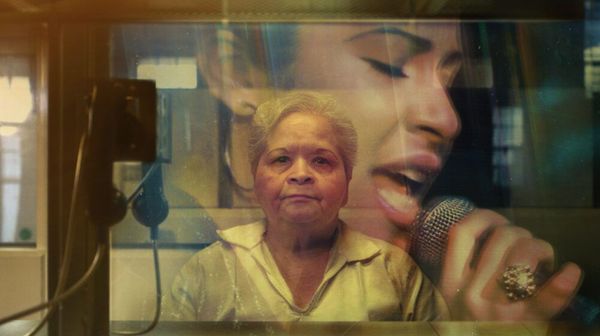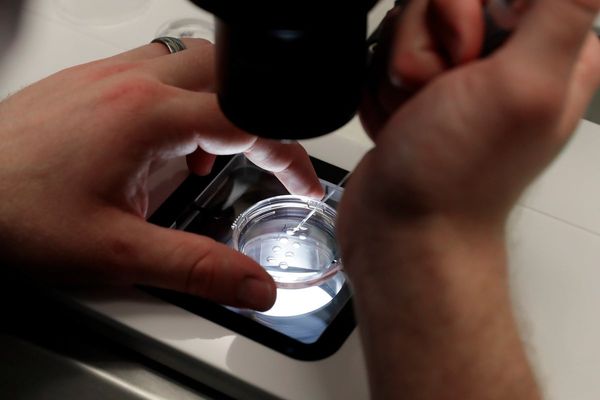
Dozens of long-finned pilot whales have died after a 77-strong pod came ashore on an Orkney beach in what could be the biggest mass stranding in decades.
Twelve of the animals at Tresness beach, on the island of Sanday, were still alive, but according to rescuers from the British Divers Marine Life Rescue (BDMLR), it was thought unlikely they could be saved.
It was unknown what triggered the stranding, but experts said it was possible one whale got into trouble and the others followed. The pod includes male whales up to seven metres (22ft) long, along with females, calves and juveniles.
Experts from the BDMLR, the Scottish SPCA and marine vets from the Scottish mainland, went to the scene.
The BDMLR said in a statement: “[Our] regional team was immediately mobilised with response equipment to make their way over to the island, whilst we waited for more information on the situation from the small number of medics already on Sanday that were on their way to the scene.
“On arrival the medics found there to be about 77 animals high up the beach, having evidently been stranded for several hours already. Sadly, only 12 of them still alive at this point.”
Rescuers faced difficulties righting the whales in an attempt to refloat them due to soft sand on Thursday.
It could be the largest stranding event in Scotland since 1995, when the Scottish Marine Animal Stranding Scheme (Smass) was founded.
Last year a pod of 55 pilot whales died after a stranding on the Isle of Lewis. Only one was successfully refloated. Just 15 were still alive when they washed ashore but they were then euthanised. In 2011 about 60 of the animals got into trouble in shallow waters in Sutherland, with about 25 dying.
Emma Neave-Webb, from BDMLR, told BBC Scotland News: “There are whales everywhere. There’s a long line of them, some of them are still alive. I know from experience how difficult these incidents are and I think we need to be realistic.”
It was unlikely many would be saved, she said. She described the scene as “quite horrible” and “hugely emotional”.
Members of the public have been asked to stay away while assessments and rescue efforts take place.
The largest UK stranding is thought to have taken place in 1927 when 126 of more than 130 false killer whales died in the Dornoch Firth in the Highlands.







